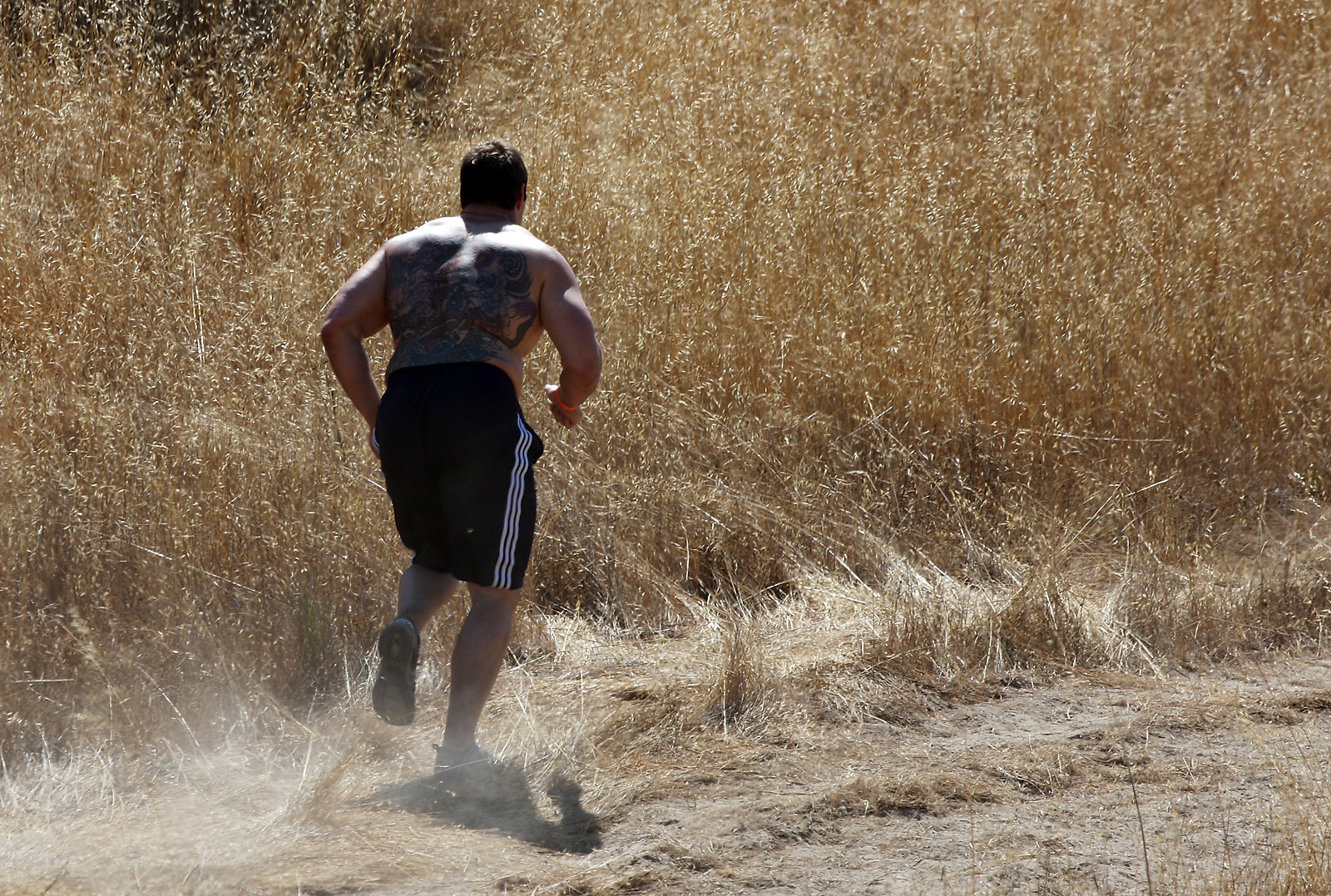Thinking About Running?
One of those people whose goal is to run a marathon or part of it?

Firstly, ask yourself how long have you been running. Similar to embarking on a task you have never really done before, make sure you do your research first. If you are too lazy to do that and just want to put on your running shoes and go for it, you are bound to get injured and eventually give up on your goal.
But do not worry! That's what the Training Geek is here for. I am actually writing this to give you an idea of what to do if you suddenly decide to go for a long run as a personal challenge.
I was actually reading this article on the New York Times about the 10 percent rule when you are training for running a marathon or some long distance event. What is this 10 percent rule? It's simply increasing the time/distance you run no more than 10 percent each week. Apparently this is a long time rule for runners and if you have done your research before running your marathon, you probably would have heard about it.
The studies mentioned in the article brought up two main points:
- Two groups, one using the 10 percent rule, and the other using a regular duration training protocol, had the same percentage of injuries.
- Using the same testing protocol, having a conditioning program before embarking on your run makes no difference in the injury rates.
So what does this mean?
If this is your first long distance running event, make sure you do your research in training properly before you decide to train for it. This means getting the right run-training protocols (i.e. how much running to be done each week, speed/endurance work percentages), using different methods of training (i.e. proper strength & conditioning for running, mobility and flexibility work, running technique work etc.) to supplement your running training and having an open mind to the experiences of others and how they trained for such events.
Do your research well, gather as much information as you can regarding training for it and you would be able to achieve this personal challenge with a lower risk of injury and the unlikelihood of giving up halfway. More importantly, running a marathon is not just running. There's a whole science to it.
P.S. If you are really interested in running a long-distance event or even a marathon, contact me and I will do my best to help you train for it. The research will be done for you and a program consisting of every facet of running fitness will be written for you.
Stay Strong and Keep Moving,
The Training Geek.


